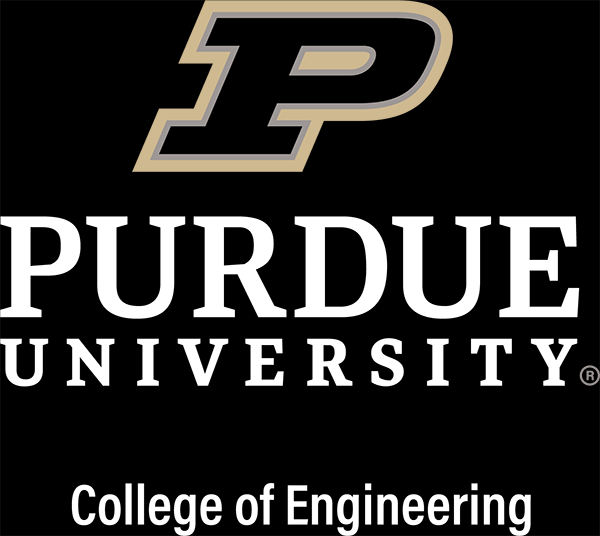Research Areas
The Engineering-Medicine initiative amplifies research impact by leveraging strengths throughout the lab-to-market process, informally and, for example, through joint research projects and graduate research fellowships. Current research includes these areas: cardiovascular health, cancer diagnosis and treatment, musculoskeletal health, otolaryngology, pediatric medicine, and neuro medicine.
Purdue is well-positioned to lead Engineering-Medicine research efforts. The university ranks No. 5 nationwide for U.S. patents granted to universities, and the College of Engineering generates 70% of Purdue's patents. Purdue is home to groundbreaking research institutes and facilities, including the world's first center dedicated to "body internet" research; the Center for Implantable Devices; and the Emergent Mechanisms in Biology of Robustness, Integration & Organization (EMBRIO) Institute, funded by the National Science Foundation.
Cardiovascular Health
As a leader in cardiovascular health and disease research, Purdue engineers have spawned significant advances in cardiac care, medical imaging systems, drug delivery, and vascular tissue engineering. College of Engineering faculty also have a long history of successful technology transfer of implantable cardiovascular devices and technology, much of which was accomplished in collaboration with partners in industry and medicine.
Cancer Diagnosis & Treatment
Purdue engineers focus on understanding the biology of the cancer cell, developing innovative technology, creating diagnostic and imaging tools, and synthesizing unique solutions that can be delivered to cancer cells by novel technology.
Musculoskeletal Health
Purdue faculty lead research efforts at the forefront of tissue engineering (e.g., cartilage, tendon, bone, muscle) and understanding how cells sense and respond to mechanical cues (i.e., mechanobiology). Biomechanics research encompasses experimental and computational design at multiple length scales.
Otolaryngology
Purdue engineers collaborate with clinicians in the IU School of Medicine Department of Otolaryngology-Head and Neck Surgery. Many opportunities for collaborative research are available, including current projects for development of sealants for dural repair, tissue-engineered muscle to reconstruct the larynx, and diagnostic tools for olfactory dysfunction. Educational efforts include a clinical immersion program for biomedical engineering undergraduates and research experiences for medical students and resident trainees.
Pediatric Medicine
Pediatrics focused research at Purdue is working to accelerate the development, approval, and availability of innovative medical devices and therapies for children. In close collaboration with Riley Hospital for Children and other pediatric hospitals, Purdue engineers are helping improve care of our smallest patients.
Neuro Medicine
Integral to advancing biomedical research, such as multielectrode stimulation and recording, development of cellular and brain wide imaging and stimulation technologies, and diagnosing and treating pathologies such as addiction, Alzheimer's, or hearing loss.
